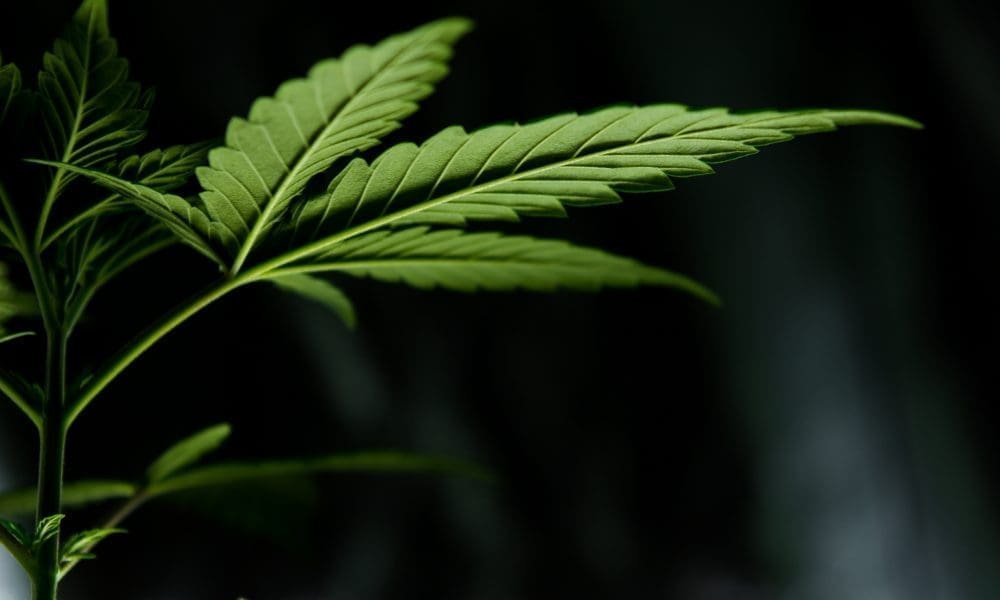According to a study partially funded by the National Institute on Drug Abuse, medical marijuana is associated with “significant reductions in self reported anxiety and depression”, compared with before cannabis was prescribed.
This month, the Journal of Affective Disorders published an observational study that examined 33 Maryland adults with anxiety or depression “clinically significant”. The patients were evaluated at baseline and again one, three, and six months after they began to use medical cannabis.
The study states that “significant decreases in anxiety and depressive symptoms were seen, with scores falling below clinically meaningful levels three months after the start of the trial.” The participants also reported reduced anxiety or depression symptoms during the study.
Most patients chose THC-dominant cannabis products. The patients reported that, in addition to the benefits they perceived for their mental health and driving abilities, there was also a decrease in their perception of feeling high.
“Acute effects were dose-dependent,” authors wrote: “10–15 mg of oral THC and at least 3 puffs of vaporized cannabis yielded the most robust reductions in anxiety and depression.”
Three-quarters of participants said that they have used marijuana in the past. Over a third of participants (37%) said that they had used marijuana in the last year.
Medical marijuana in Maryland was legal at the time the study took place, but it was illegal to use the drug for any other purpose.
The team of six people behind this new study includes representatives from the Johns Hopkins University School of Medicine and Public Health, along with the Sidney Kimmel Comprehensive Cancer Center of the University, as well the Centre for Alcohol Policy Research, located in Melbourne, Australia.
The report’s section on conflict of interests notes that members who have worked for or received funds from companies involved with medical marijuana are listed.
The project received funding from NIDA, as well as a grant for a pilot study by the Lambert Center for the Study of Medicinal Cannabis and Hemp. Thomas Jefferson University.
The authors said, while the results of this new study are promising, controlled clinical trials will be needed to investigate further the efficacy of and safety of medical cannabis in acute anxiety and depression symptoms management.
Cannabis users report that cannabis helps them manage depression and anxiety. Several other recent studies support this idea.
In a recent study for example, it was found that state-level legalization of cannabis led to lower prescriptions of antianxiety drugs, such as antipsychotics, benzodiazepines or antidepressants.
In other research, conducted in late 2018, “accumulating” data showed that CBD in marijuana “has antidepressant qualities in humans and in animals without side effects”, as well as the ability to reduce inflammation in the brain and help form new cells.
This study stated that there is “growing evidence” that CBD can be an effective treatment for depression.
A separate, industry-sponsored research study into the anti-anxiety effect of CBD conducted last year concluded that an oral CBD product effectively treated mild-to-moderate anxiety as well as depression and poor sleeping quality associated with it, without any serious adverse effects being observed.
As for cannabis more broadly, another study last year into medical marijuana for chronic pain and mental health found that participants overwhelmingly reported that cannabis reduced the severity of their depression, anxiety and sleep issues to at least some degree.




